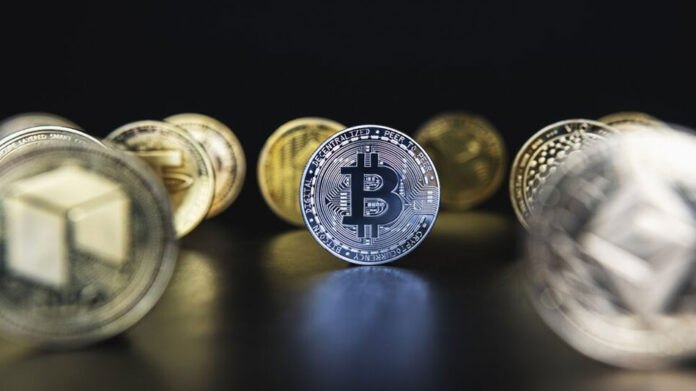Table of Contents
In this era of digital transformation financial innovation has emerged as a revolutionary force that challenges traditional notions of currency and investment. While Bitcoin’s unchanging nature may seem like an enigma to many, a closer examination reveals a fascinating array of pros and cons that shape its impact on the financial landscape. In this article, we delve deep into the intricacies of Bitcoin’s unchanging nature, exploring the advantages and disadvantages it brings to the table. Take this chance to learn more about preserving the ethereal.
Unveiling the Unchanging Nature of Bitcoin
The Foundation of Bitcoin’s Consistency
Central to the enduring character of Bitcoin is its fundamental principle of scarcity. Bitcoin’s architecture incorporates a strict upper limit on its supply, set at 21 million coins. This deliberate scarcity is instrumental in governing the pace at which new coins are generated, a pace that steadily diminishes over time. As a consequence, there exists a built-in ceiling on the overall quantity of Bitcoin that can ever be in circulation. This diverges markedly from conventional fiat currencies, which are susceptible to boundless printing, ultimately safeguarding Bitcoin from the perils of value depreciation triggered by inflation.
Immutable Blockchain: A Double-Edged Sword
The unchanging quality of Bitcoin is further attributed to the immutable characteristics of the blockchain. Every transaction is meticulously documented on a transparent ledger that remains impervious to any modifications or tampering attempts. While this transparency significantly bolsters security and minimizes fraudulent activities, it also implies that any mistakes made in transactions are permanent and cannot be corrected afterward. This facet strongly emphasizes the necessity for careful and precise handling of transactions.
The Pros of Bitcoin’s Unchanging Nature
Store of Value in a Volatile World
One of the most significant advantages of Bitcoin’s unchanging nature is its potential to serve as a store of value. In a world marked by economic uncertainties and currency devaluations, Bitcoin’s limited supply provides a hedge against such volatility. Investors often turn to Bitcoin as a safe haven, akin to digital gold, aiming to preserve their wealth in times of economic turbulence.
Decentralization and Financial Inclusion
Bitcoin operates on a decentralized network, empowering individuals to transact directly without intermediaries such as banks. This aspect fosters financial inclusion, enabling people without access to traditional banking systems to participate in the global economy. Furthermore, the absence of a central authority reduces the risk of government manipulation and control over individual finances.
The Cons of Bitcoin’s Unchanging Nature
Price Volatility: A Hindrance to Mainstream Adoption
While Bitcoin’s scarcity contributes to its value, it also leads to price volatility. Rapid price fluctuations can deter mainstream adoption, as individuals may be hesitant to use a currency that might drastically appreciate or depreciate in a short span. This volatility hampers Bitcoin’s potential as a stable medium of exchange for everyday transactions.
Energy Intensive Mining Process
Bitcoin mining, the process of validating transactions and adding them to the blockchain, demands substantial computational power and energy resources. This energy-intensive nature has raised concerns about its environmental impact, particularly as the network expands. As the global call for sustainable practices grows louder, Bitcoin’s energy consumption remains a contentious issue.
Striking a Balance: Navigating Bitcoin’s Unchanging Landscape
Diversification and Risk Management
For investors, the key lies in diversification and risk management. While Bitcoin offers unique advantages, it’s essential to balance its presence in a diversified portfolio with other assets. This approach mitigates the potential risks associated with Bitcoin’s price volatility, ensuring a more stable financial strategy.
Evolution and Adaptation
Bitcoin’s unchanging nature should not be mistaken for stagnation. The cryptocurrency ecosystem continues to evolve, with developers working on scalability solutions, security enhancements, and usability improvements. As the technology matures, it’s crucial for Bitcoin to strike a balance between its foundational principles and the need to adapt to changing market dynamics.
Conclusion
In conclusion, Bitcoin’s unchanging nature is a double-edged sword that carries both advantages and disadvantages. Its scarcity and immutable blockchain enhance security and offer a store of value, while its price volatility and energy consumption pose challenges to mainstream adoption. Navigating this landscape requires a comprehensive understanding of the cryptocurrency’s intricacies and a thoughtful approach to harnessing its potential. As the financial world continues to grapple with the evolution of digital currencies, Bitcoin’s unchanging nature will undoubtedly remain a central topic of discussion and exploration.















